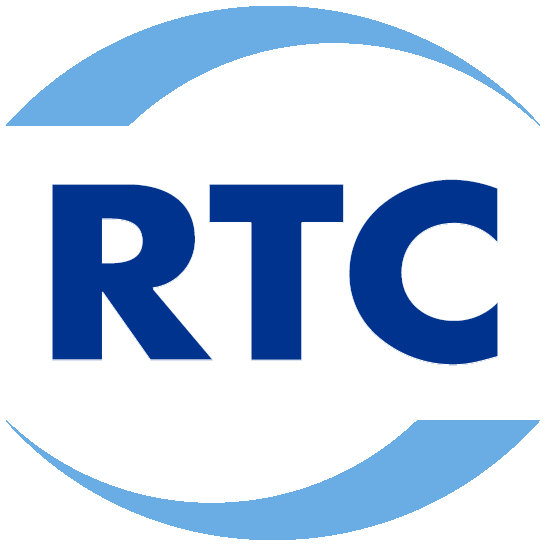What is the RTC-5 fuel tax?
Fuel tax is a function of previous voter approval, state statute, and Washoe County code. The tax is automatically adjusted annually, i.e. it is indexed, which happens pursuant to a formula that is reflected in state statute and Washoe County code. It is based on a 10-year rolling average of the Producer Price Index, or PPI, which measures the average change over time in the costs of nonresidential construction.
Year-over-year inflation isn’t as impactful to the amount of the adjustment because the fuel tax is calculated using a 10-year rolling average. That means drivers won’t see a significant increase at the pump from year to year.
As of July 1, 2025, the RTC-5 voter-approved gas tax is approximately 57 cents per gallon, an increase of just 3.9 cents from the previous fiscal year.
Who approved the fuel tax?
In 2008, voters sent the message that having a strong transportation system is important to them and the economy. The voters overwhelmingly approved fuel tax indexing. The fuel tax was twice approved by Washoe County voters, and this region has made decisions and commitments based on an expectation that fuel tax will be used to pay for regional roadway improvements. The Nevada Legislature also endorsed indexing and enacted enabling legislation in 2009.
What is the money used for?
As our community grows and develops, so do our regional transportation needs. The extra charge you pay at the pump has big benefits in our community. RTC-5 allows the fuel tax to adjust to keep up with inflation. It is intended to ensure that RTC’s purchasing ability won’t be eroded because of inflation, and important transportation projects will be built here in Washoe County.
The fuel tax will fund more than $558 million in needed roadway improvements over the next 5 years, and is the primary local funding source for some $5 billion of planned roadway improvements over the next 30 years. The fuel tax has also been pledged as security for $312 million in outstanding bonds that have to be repaid.
You can find a list of and description of current projects funding with fuel tax on our website. The fuel tax has been used as funding for past projects such as the SouthEast Connector, Pyramid/McCarran Intersection Improvement Project, Moana Lane Extension, Moana Lane Widening, Sun Valley Blvd. Project, 4th Street/Prater Way Project, Virginia Street Project, and annual regional pavement preservation projects. The fuel tax is funding current projects in our community.
RTC receives the fuel tax revenues from RTC-5 and spends it on regional road projects for the municipalities, but the municipalities also get the added benefit that they can then use their separate fuel tax revenues for neighborhood streets to keep them in an acceptable condition.
As a direct result of RTC-5, traffic congestion and air pollution have been reduced. This is helping commuters and goods move more efficiently. It has also created many construction jobs and will continue to do so.
Can the fuel tax be suspended or ended?
RTC is not aware of any plans to suspend or end the fuel tax. There is no single government entity that can unilaterally and immediately suspend or end the fuel tax. It’s a complex issue. The process for suspending or ending the fuel tax would be complicated, involve multiple government entities, and require consideration of constitutional, statutory, contractual and other legal limitations.
Why can’t the RTC rely exclusively on federal funds to build roads?
While the RTC does receive some federal funding for roadway projects and maintenance, that funding is not enough to keep up with the transportation demands in our growing community. Not only that, but the federal gas tax has not increased since 1993, making states more reliant on “self help” approaches to local funding to complete road projects.
What about electric and hybrid vehicles?
Increased vehicle fuel economy and electrification of vehicles isn’t captured as part of fuel tax indexing, which means the RTC is collecting less on average per vehicle every year, even with the annual adjustments.
